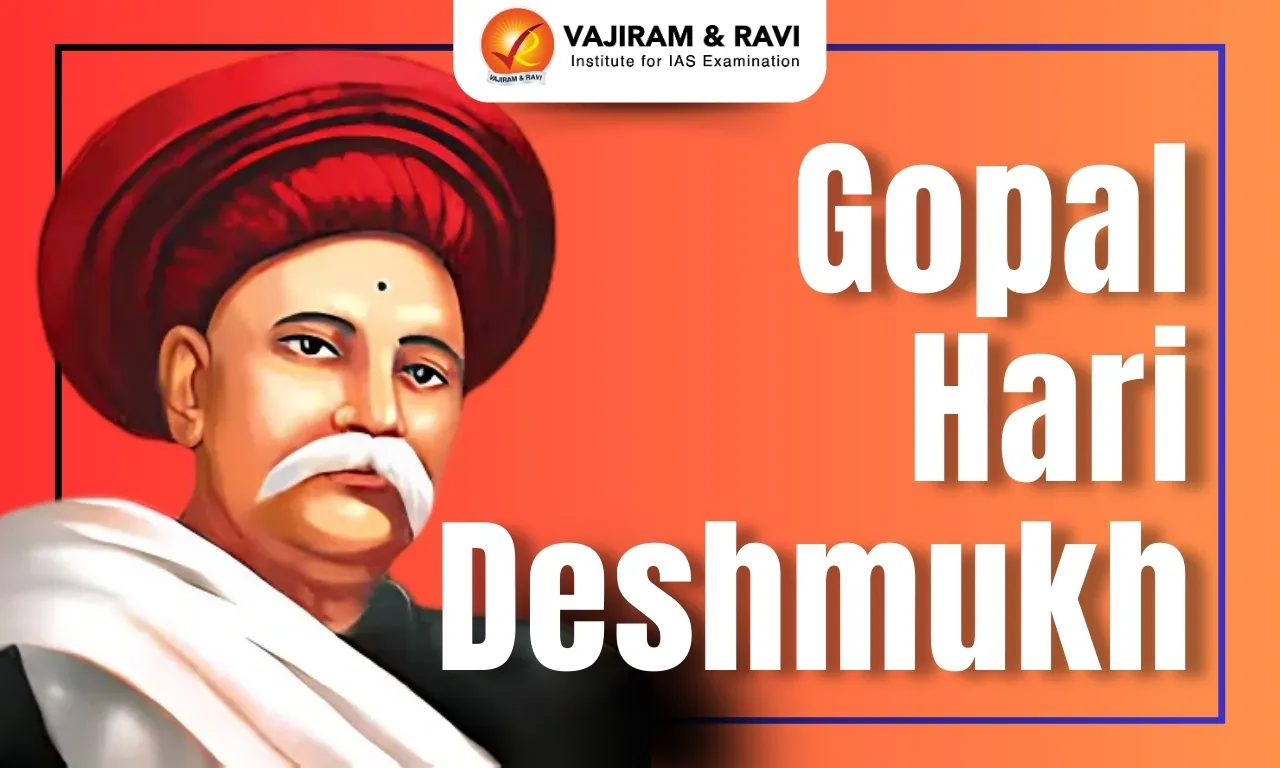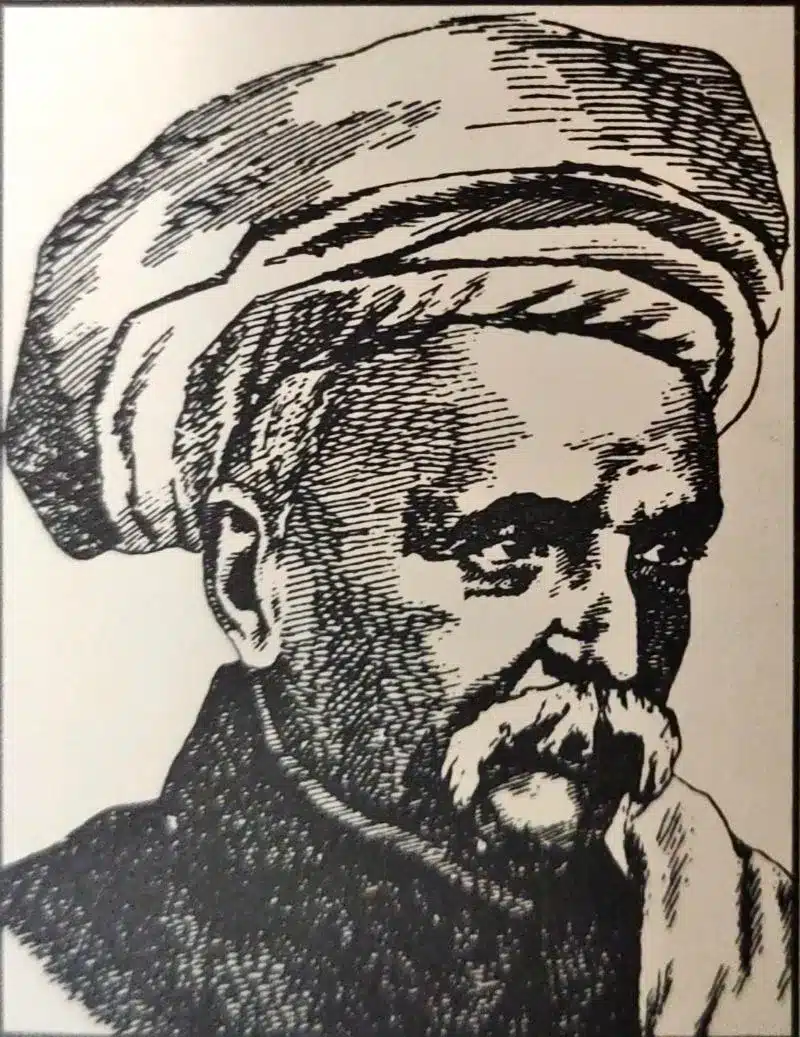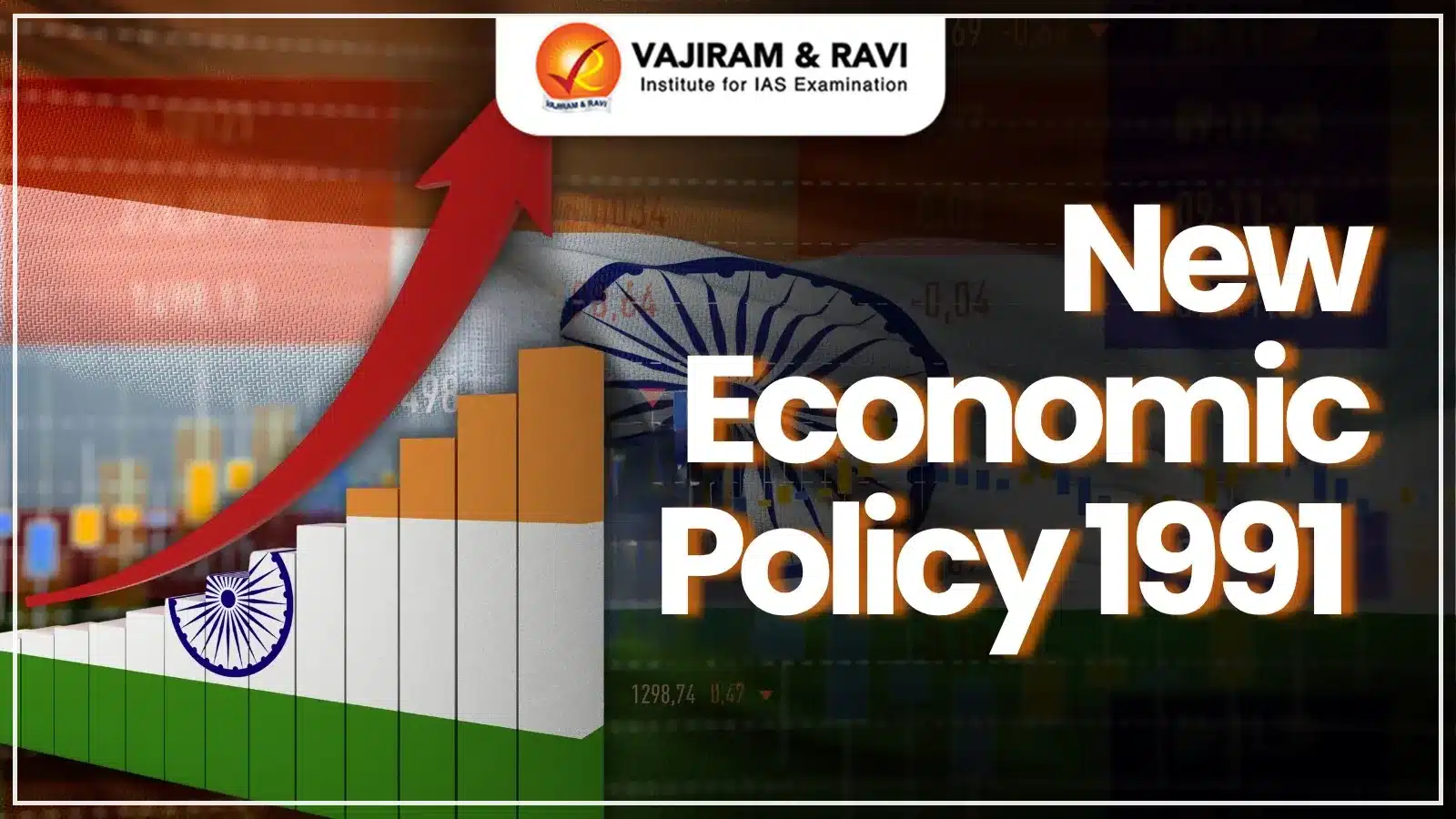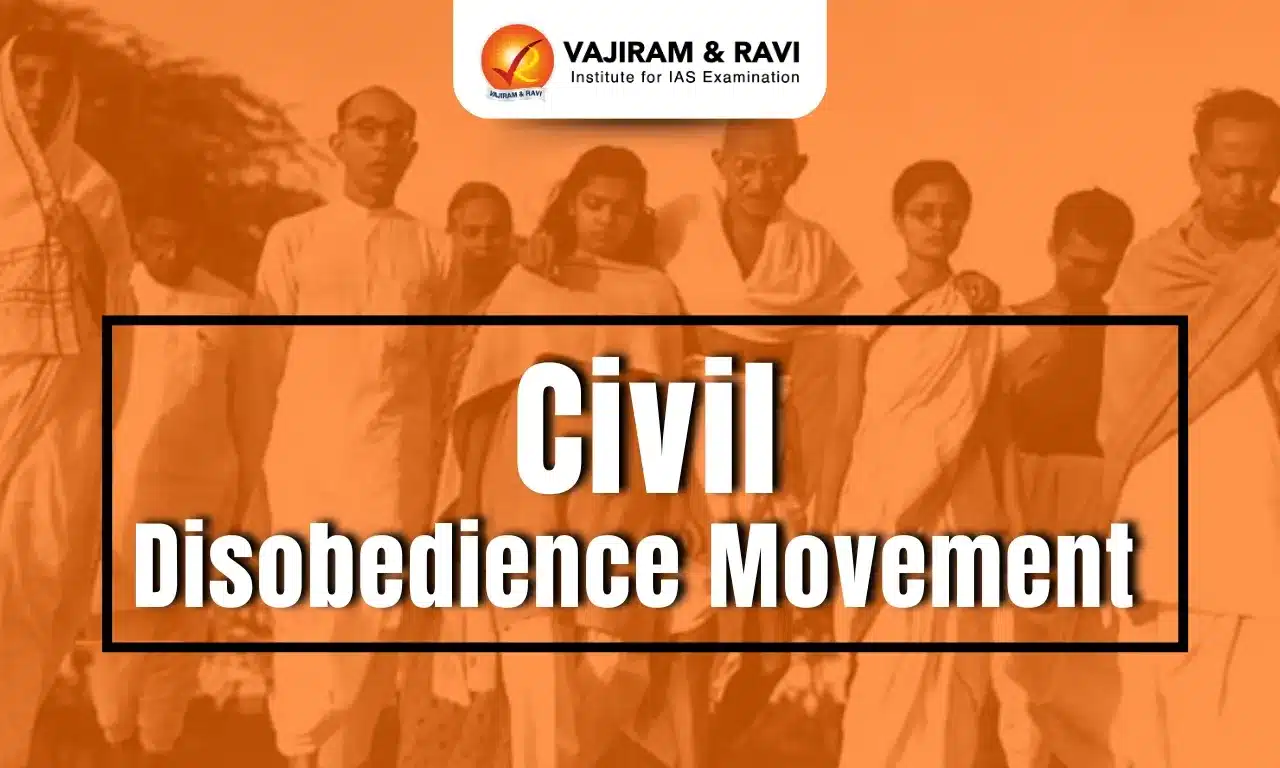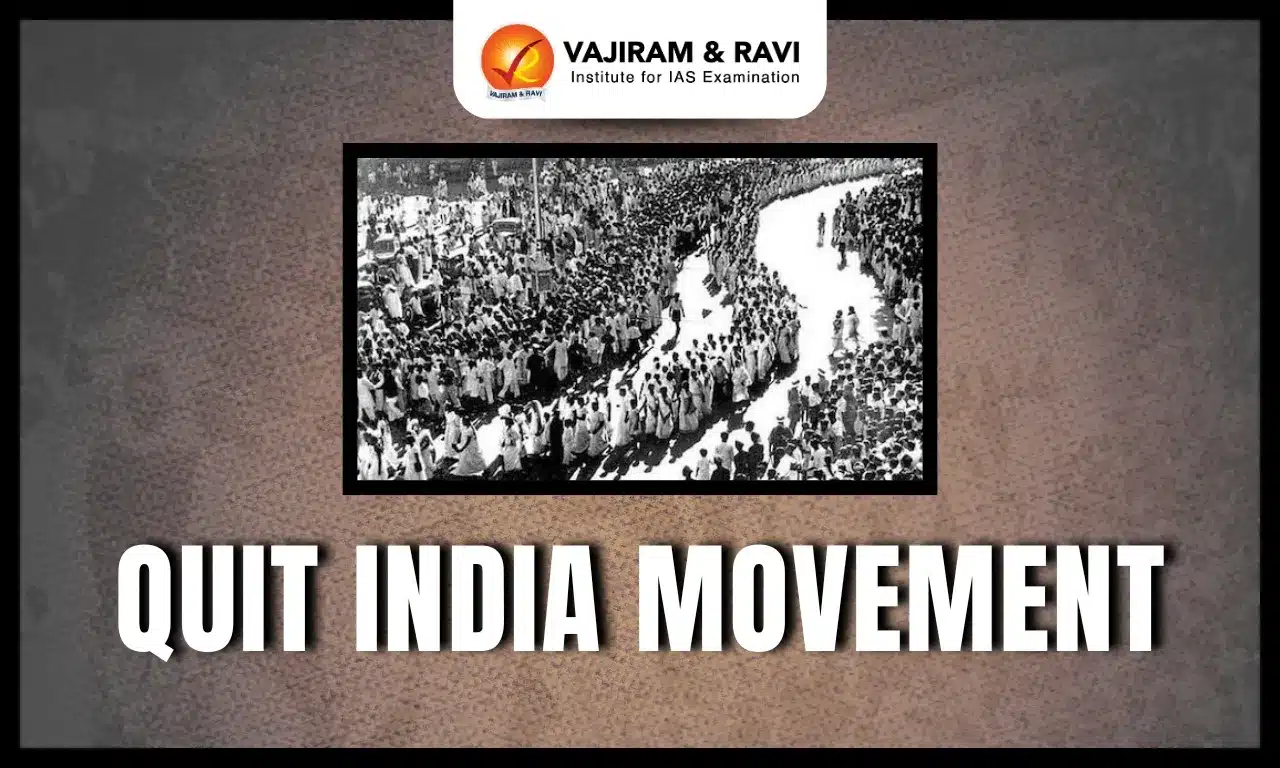Gopal Hari Deshmukh (1823-1892), also known as Lokhitwadi, was a prominent social reformer, writer, and judge in 19th-century Maharashtra. He advocated for rational approaches to religion and societal reform, challenging harmful practices like caste discrimination, child marriage, and the dowry system. He emphasized the need for women’s emancipation and education, contributing to various educational and social initiatives, including founding libraries in Pune and supporting the University of Bombay.
In addition to his efforts in Maharashtra, Deshmukh played a key role in social reforms in Gujarat, establishing the Gujarati Prarthana Samaj and the Gujarati Remarriage Society. His extensive literary work, including the influential collection "Lokhitwadikrta Nibandha Sangraha," helped pave the way for future reformist movements across India.
Gopal Hari Deshmukh About
Gopal Hari Deshmukh was born in 1823 into a Chitpavan Brahmin family from Maharashtra. He was the heir of Vishwanathpant Sidhaye, a Deshmukh from Konkan, who held the right to collect revenue from multiple villages.
- His family eventually settled in Pune, where his father served as the treasurer of Bapu Gokhale, a general during the Third Anglo-Maratha War.
- Gopal Hari Deshmukh received his education at the Poona English Medium School, which provided him with a foundation for his future career in public service.
Gopal Hari Deshmukh Career
Gopal Hari Deshmukh studied at the Poona English Medium School and began his career as a government translator, later he served as a judge in Ahmedabad and Ratlam in 1867. He held various important positions in the British Indian judicial system, including Assistant Inam Commissioner, Joint Judge of Nasik High Court, and Member of the Law Council. He also served as Diwan for the princely state of Ratlam and retired as a sessions judge.
- Recognized for his service, Deshmukh received the titles 'Justice of Peace' and 'Raobahadur' from the colonial government.
- In 1880, he became a member of the Governor General's Council and served as a judge. His decision to wear a handspun khadi to the Delhi Durbar in 1876 reflected his support for national self-reliance.
Gopal Hari Deshmukh Literary Works
Gopal Hari Deshmukh authored 35 books on various topics including religion, society, economics, politics, history, and literature. His writings have been widely studied and referenced by other scholars. He also translated several English works into Marathi.
- Prabhakar: Beginning in 1848, Deshmukh published a series of short articles on religious, social, political, economic, and educational topics in the periodical Prabhakar.
- Lokhitawadinchi Shatapatre: The 108 articles, known as Lokhitawadinchi Shatapatre in Marathi, were compiled in 1860 into a collection titled Lokhitwadikrta Nibandha Sangraha.
- On Aryans: He wrote the book Svadhyaya Athava Aryavidyancha Krama, Vichar ani Pariksana (Study of the Sequence of Aryan Learnings, Thought, and Review), a work that reflects the views of a seasoned reformer.
- (Read more about: (Aryan Invasion Theory)
- Historicals: Gopal Hari Deshmukh wrote about historical events such as the Panipat War (Read more about: Third Battle of Panipat), Kalyog, Jatibhed and Lankecha Itihas. He was a key figure in establishing the periodicals Gyan Prakash, Indu Prakash, and Lokahitawadi.
Gopal Hari Deshmukh Religious Ideas
Lokhitwadi believed that religion should be approached with rational thought. He emphasized that Hindus had not yet begun to think independently, stating, "The mind is the true sacred book, superior to all written scriptures."
- Religious adaptability: According to him, if religion did not sanction social reform then he advocated that religion itself be changed, as what was laid down in the scriptures need not necessarily be of contemporary relevance.
- Scriptures: The Vedas, in his view, were composed by rishi who were great saints and scholars but not divine beings. Avatars were seen as heroic figures, virtuous and brave, with the belief in reincarnation emerging only through the Puranas.
- Reform agenda: In the religious sphere, the reform movements focused on addressing issues such as idolatry, polytheism, religious superstitions, and the exploitation by priests.
Gopal Hari Deshmukh Social Reforms in Maharashtra
Gopal Hari Deshmukh strongly advocated for women's emancipation and education. He opposed harmful practices like child marriage, the dowry system, polygamy, sati, widow hair-cutting, and the prohibition of widow remarriage, all of which he saw as detrimental to women's rights and society.
- Deshmukh also criticized the caste system and challenged Hindu religious orthodoxy, which he believed perpetuated social inequalities.
- As a reformer, he contributed to public education by founding a public library in Pune and donating books to the University of Bombay, marking his efforts to promote knowledge and societal reform in Maharashtra.
Gopal Hari Deshmukh Social Reforms in Gujarat
Gopal Hari Deshmukh played a key role in establishing the Gujarati Prarthana Samaj and the Gujarati Remarriage Society. He contributed to the Gujarati-English journal Hitechchu, further influencing reformist thought in Gujarat. He also established an institute for widow remarriages and revitalized the Gujarat Vernacular Society.
Last updated on March, 2026
→ UPSC Notification 2026 is now out on the official website at upsconline.nic.in.
→ UPSC IFoS Notification 2026 is now out on the official website at upsconline.nic.in.
→ UPSC Calendar 2026 has been released.
→ UPSC Final Result 2025 is expected to be released soon.
→ Check out the latest UPSC Syllabus 2026 here.
→ Join Vajiram & Ravi’s Interview Guidance Programme for expert help to crack your final UPSC stage.
→ UPSC Mains Result 2025 is now out.
→ UPSC Prelims 2026 will be conducted on 24th May, 2026 & UPSC Mains 2026 will be conducted on 21st August 2026.
→ The UPSC Selection Process is of 3 stages-Prelims, Mains and Interview.
→ Prepare effectively with Vajiram & Ravi’s UPSC Prelims Test Series 2026 featuring full-length mock tests, detailed solutions, and performance analysis.
→ Enroll in Vajiram & Ravi’s UPSC Mains Test Series 2026 for structured answer writing practice, expert evaluation, and exam-oriented feedback.
→ Join Vajiram & Ravi’s Best UPSC Mentorship Program for personalized guidance, strategy planning, and one-to-one support from experienced mentors.
→ Check UPSC Marksheet 2024 Here.
→ UPSC Toppers List 2024 is released now. Shakti Dubey is UPSC AIR 1 2024 Topper.
→ Also check Best UPSC Coaching in India
Gopal Hari Deshmukh FAQs
Q1. Who wrote Shatpatre?+
Q2. Which books were written by Gopal Hari Deshmukh?+
Q3. Who adopted the pen name of Lokhitawadi?+
Q4. Who founded the weekly Hitechchu?+
Q5. In which newspaper did Gopal Hari Deshmukh publish Shatpatre?+

